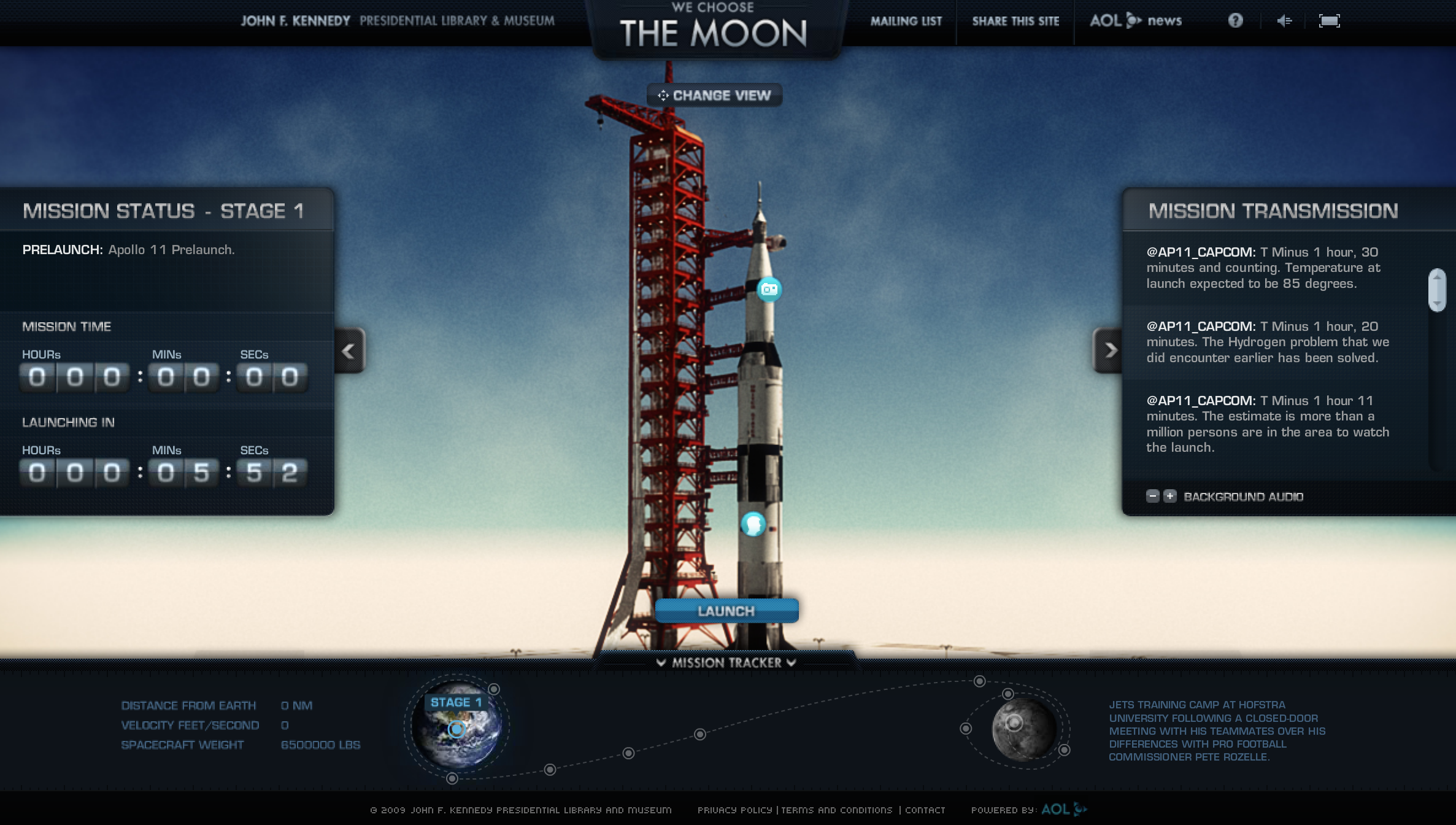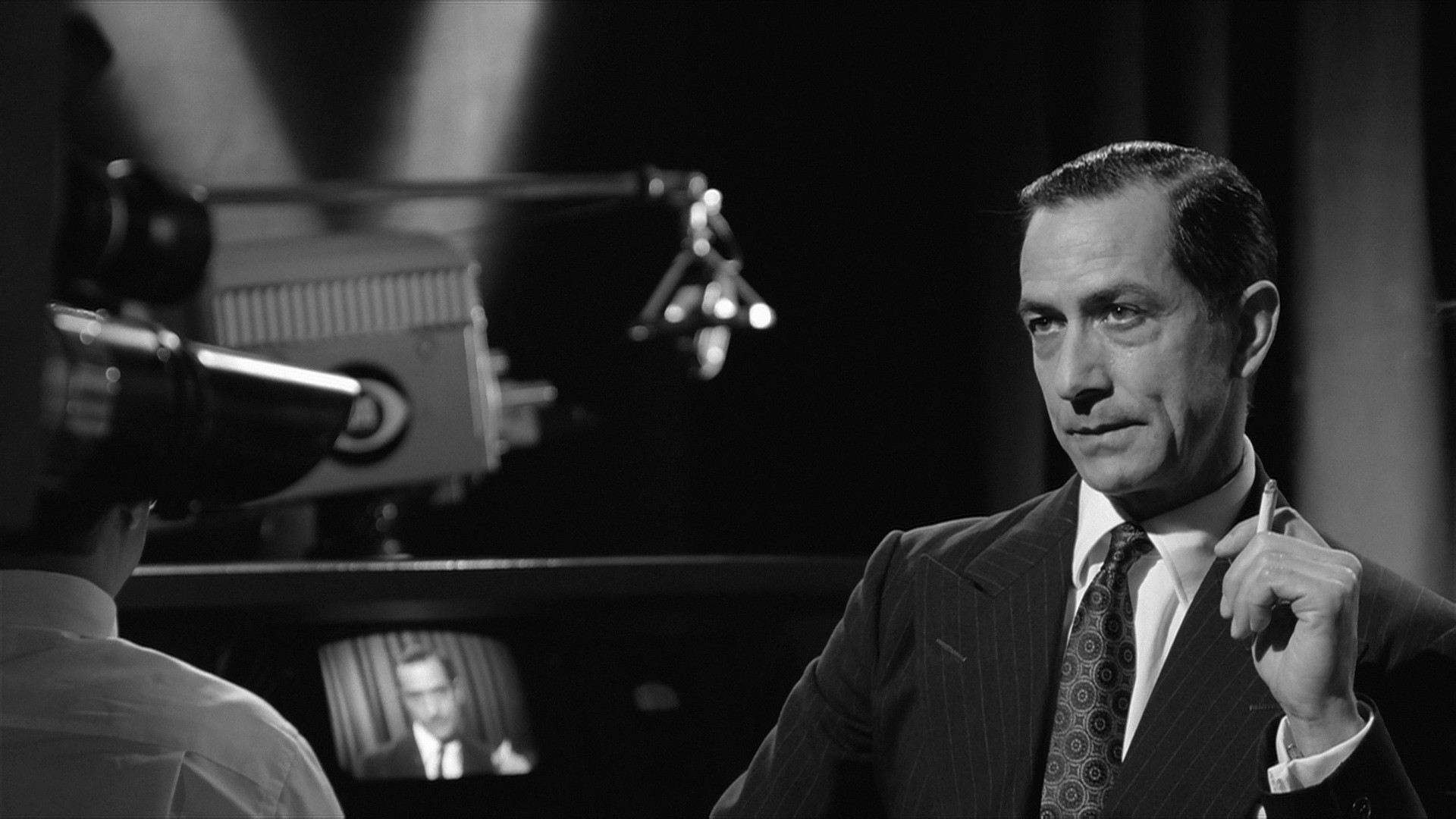Yesterday, a seemingly official Microsoft Twitter accounted fooled popular blogs and mainstream news sites to write that Microsoft would introduce a new Zune platform in June. But the account wasn’t from Microsoft.
Allegedly, David Z from Haklab set up the account. I e-mailed Haklab today asking:
I love guerrilla marketing, and know how to recognize it, which is why I didn’t get sucked into the vortex like other bloggers and journalists. But it’s confession time. Who are you really, and what are your objectives? Not that I’m sure I will believe you. But try me. I want to blog on the problem of Twitter and shoddy journalism. You’re the case study.
This afternoon, I got a response. David claims to have exploited a Microsoft mistake—that the Twitter feed from Microsoft’s Office 2010: The Movie Website went to an unclaimed account. So he registered the Twitter account, @officethemovie. My suspicion: There was a typo on the page, and the account should have read: @office2010movie, as it does now.










